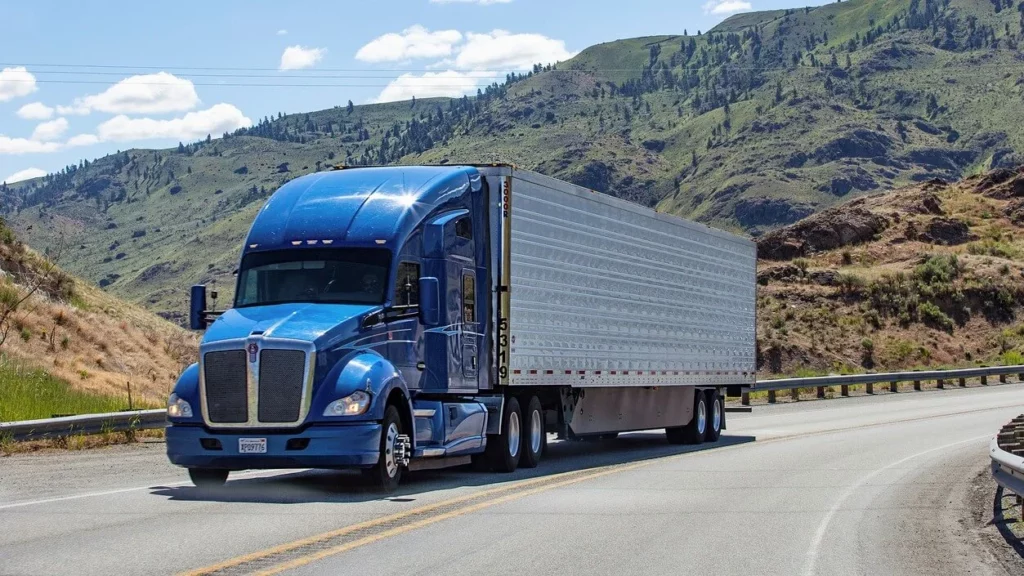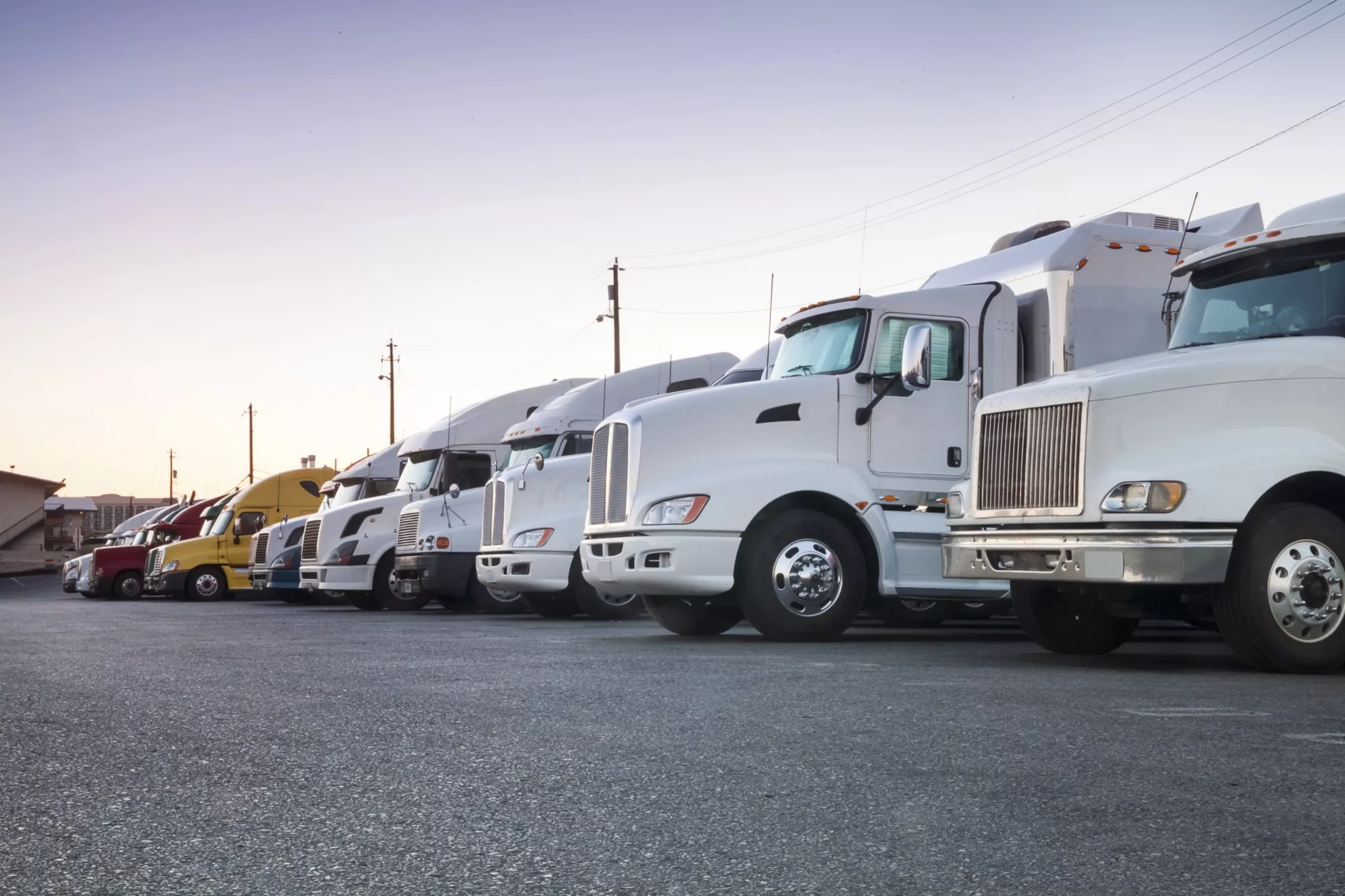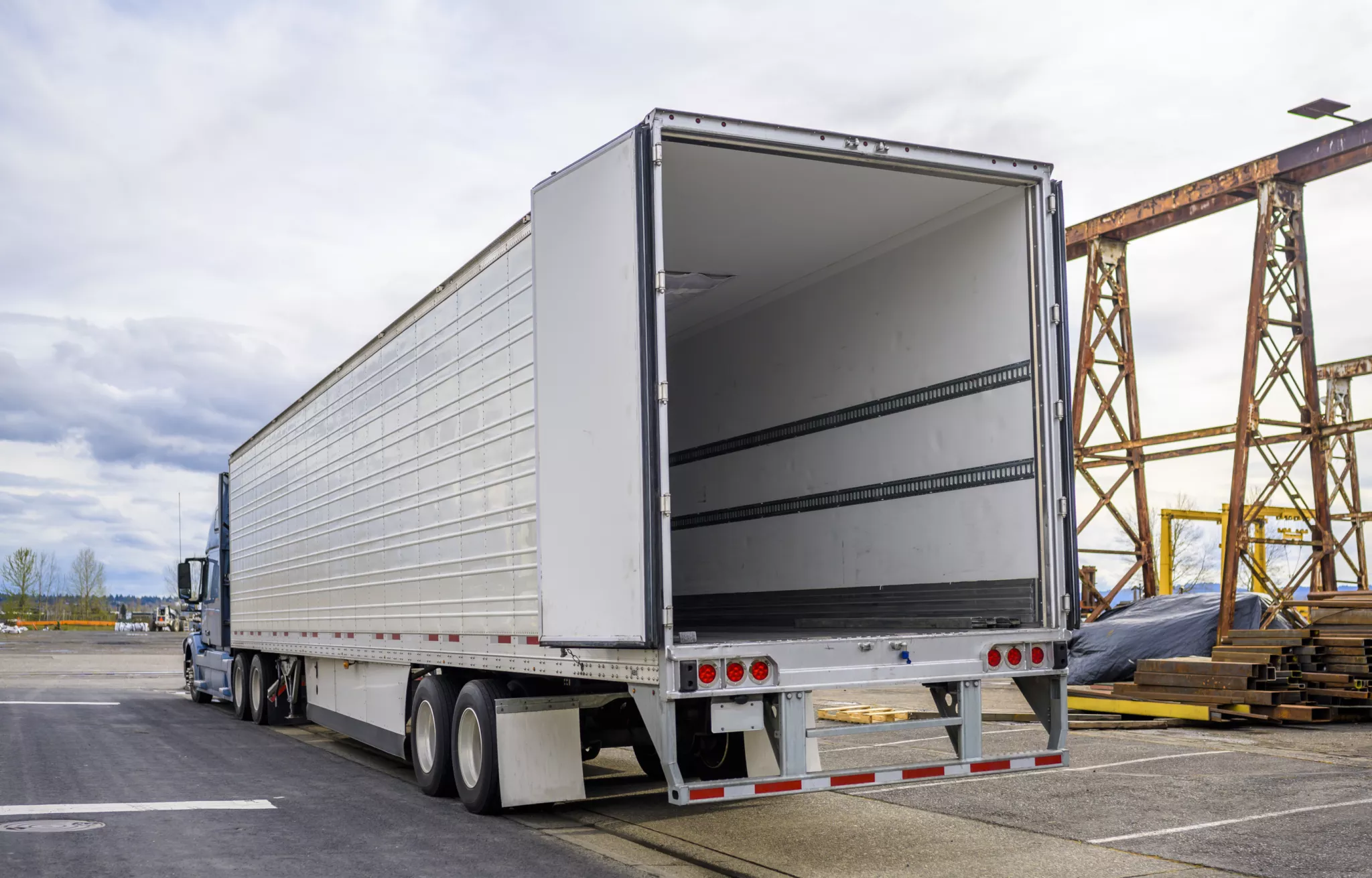Whether you’re a newcomer to the trucking sector or a seasoned professional with years of experience in transporting goods, consistently securing new loads for your trucks remains an ongoing challenge. This challenge is particularly crucial for the success of both extensive fleet-based trucking enterprises and individual owner-operators, as maintaining a continuous stream of lucrative work is paramount.In the following discussion, we delve into several strategies for how to get truck loads and procure loads for your drivers while simultaneously enhancing your company’s reputation.
For those wondering how to find freight to haul, understanding the intricacies of load boards can be immensely beneficial. Load boards provide a centralized platform where shippers and carriers can connect, making it easier for truckers to discover available loads. Whether you’re operating a semi-truck or a box truck, these online platforms offer a streamlined way to identify and secure loads for your specific trucking needs.
New ones may be particularly interested in learning how to get loads for owner operators. In addition to utilizing load boards, networking within the industry and establishing relationships with shippers can open doors to consistent opportunities. Successful trucking businesses often rely on a combination of online platforms, industry connections, and strategic marketing to ensure a steady flow of work.
The process of finding loads for truckers involves staying proactive and exploring various avenues. From leveraging technology through load boards to building a strong network in the industry, implementing a multifaceted approach can be key to sustained success in the competitive world of trucking. Whether you’re driving a semi-truck or a box truck, adapting these strategies to your specific circumstances can contribute to a more profitable and fulfilling trucking experience.

The Significance of Finding More Loads for Truck Drivers
In the last decade, the trucking industry has undergone significant technological advancements that have reshaped its landscape. The 2017 ELD mandate and its associated deadlines have mandated the use of Electronic Logging Devices in truck cabs, while technologies like dashcams and GPS telematics contribute to heightened safety and efficiency.
Although these innovations have been widely embraced by trucking companies, the fundamental objective remains hauling loads—and the importance of discovering these loads should not be underestimated. Today, technology plays a crucial role in facilitating this process, with online load boards standing out as one of the most efficient means of finding work.
Yet, load boards are not the exclusive method for load acquisition. With a pronounced scarcity of truck drivers throughout the US, numerous avenues exist for sourcing work. Explore our top five tips for securing loads for your company, and delve into why leveraging load boards can enhance and streamline this process.
5 Strategies for Acquiring Loads for Your Trucking Business
Utilize a Freight Broker
Engaging a freight broker is a popular method for connecting your trucking business with shippers. These intermediaries facilitate load-driver matching for a fee, handling tasks such as negotiating rates with shippers and verifying pickup and delivery details. While this approach saves time and effort, it comes with a cost and limits your ability to negotiate rates independently.
Obtain Government Authorization
Registering as a government contractor offers a reliable avenue for consistently finding loads. Local, state, and federal governments require load matching with authorized carriers for transporting goods across the country. By registering or partnering with an authorized firm, your company becomes eligible for government contracts, providing a dual advantage of guaranteed, trustworthy freight matching and reduced competition for bidding.
Establish a Network
Network building has traditionally been a go-to method for established trucking companies, fostering mutually beneficial relationships with trusted partners. While it may be time-consuming and exclusive for new businesses, building a supportive network enhances other load-searching methods over time. Identify leading associations, attend relevant events, and gradually develop relationships with other companies to expand your opportunities.
Collaborate with a Dispatch Service
Working directly with a dispatch service is another effective way to build a network and connect with brokers and shippers. Dispatchers bring industry experience and a wide range of contacts, helping you secure good loads as your network grows. Additionally, dispatchers can assist with administrative tasks such as accounting, billing, and collections. Although dispatchers take a percentage of the rate, this incentivizes them to negotiate optimal rates for mutual benefit.
Leverage Load Boards
Load boards represent a convenient and efficient method for trucking companies to access a diverse range of loads. Traditionally physical boards at truck stops, modern load boards are digitized, offering an online platform for quick load searching and decision-making. These platforms provide comprehensive information on shipments, including current location, destination, weight, size, and other relevant details. They also allow carriers to submit rates and supporting information directly to the shipper, streamlining the process of load acquisition.
What is a Dispatch Service?
A dispatch service in the context of the trucking industry is a specialized intermediary that plays a crucial role in coordinating and managing transportation operations for trucking companies and individual owner-operators. Essentially, a dispatch service acts as a liaison between carriers (trucking companies or drivers) and shippers, brokers, or other entities in need of freight transportation. It helps you to solve the problem of “how to get loads for a semi truck”.
Here are key aspects of what a dispatch service entails:
- Load Coordination: Dispatch services are responsible for matching available trucks and drivers with shipments or loads that need to be transported. They efficiently handle the logistics of assigning and scheduling jobs based on the capacity, location, and preferences of the carriers.
- Communication Hub: Dispatchers serve as the central communication hub between carriers and clients. They facilitate effective and timely communication, ensuring that all parties are informed about the status of shipments, pickup and delivery details, and any unforeseen issues that may arise during transit.
- Route Optimization: Dispatch services often use technology and industry expertise to optimize routes, ensuring that drivers take the most efficient paths to reach their destinations. This helps in minimizing fuel consumption, reducing transit times, and enhancing overall operational efficiency.
- Administrative Support: Dispatchers assist carriers with various administrative tasks, including paperwork, documentation, billing, and collections. This administrative support allows carriers to focus more on the driving aspect of their business while the dispatch service handles the behind-the-scenes operations.
- Negotiations and Rate Management: Dispatchers may engage in negotiations with brokers or shippers on behalf of carriers to secure favorable rates for transportation services. They play a crucial role in rate management, ensuring that carriers receive fair compensation for their services.
- Emergency Response: In case of unforeseen circumstances or emergencies on the road, dispatch services provide assistance and guidance to drivers. This could involve rerouting, addressing mechanical issues, or communicating with relevant parties to ensure a swift resolution.
- Technology Integration: Many dispatch services leverage advanced technology, such as fleet management software and communication systems, to streamline their operations. This technology allows for real-time tracking of trucks, efficient communication, and data-driven decision-making.
While dispatch services typically charge a fee or a percentage of the freight rate for their services, they offer valuable support to carriers, enabling them to focus on driving and delivering goods while the dispatch service manages the complexities of the logistics process.
Enhancing Your Trucking Operations with Logity Dispatch
Are you a trucking company or an owner-operator looking to streamline your load management process and optimize your operations? Wondering how to find loads for a box truck? Logity Dispatch is your comprehensive solution to efficiently handle and coordinate your freight transportation needs. Here’s how Logity Dispatch can assist you in getting high-rated trucking loads, full paperwork management, route optimization, company formation, IFTA reporting and more.
Contact Logity Dispatch today for a streamlined, efficient solution that elevates your trucking business’s overall performance.







